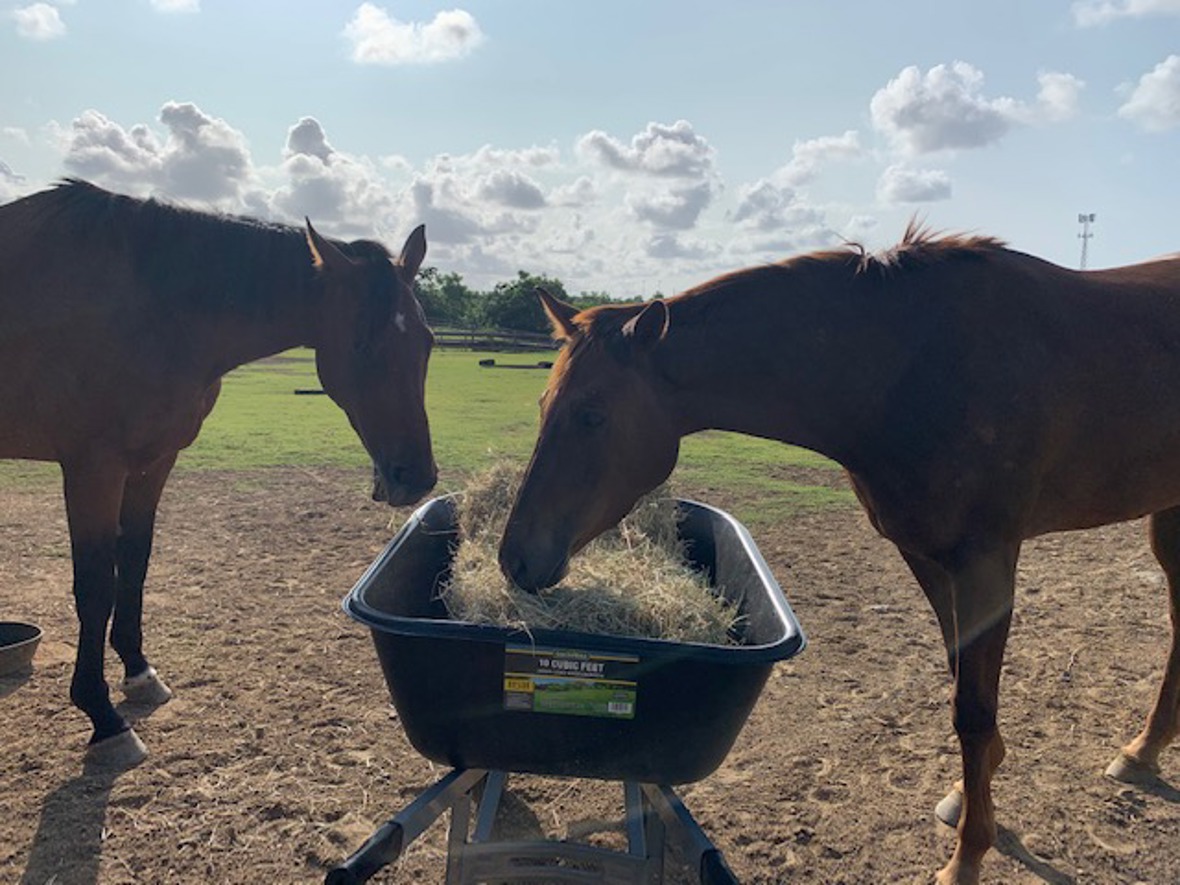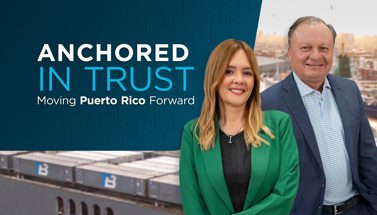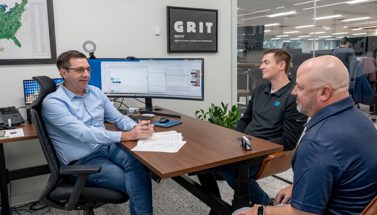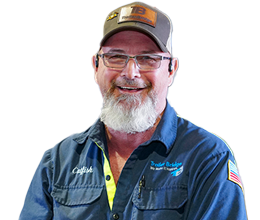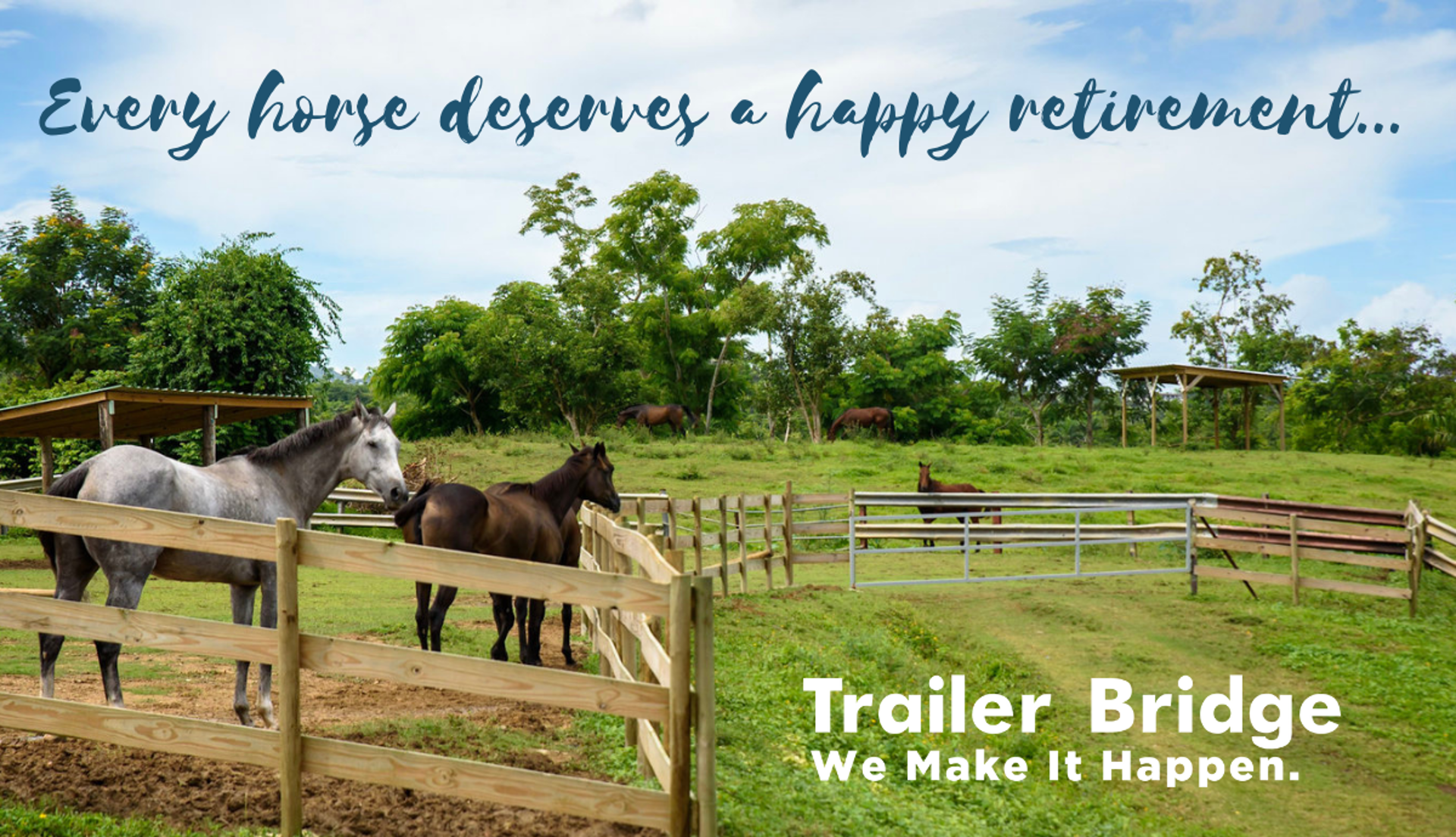
Five Month Supply of Hay Delivered to Puerto Rico’s Caribbean Thoroughbred Aftercare Inc. - TBCares
When our customers in Puerto Rico need to keep supplies moving to and from mainland USA, we make it happen. So when Kelley Stobie, co-founder and CFO of Caribbean Thoroughbred Aftercare (CTA) reached out with a special request, we knew we could find a way to help.
Kelley’s not-for-profit organization rescues and rehomes thoroughbred racehorses, returning them to health and finding them safe, peaceful adoptive homes. As you can imagine, funding this important operation is an ongoing challenge. Kelley recently secured funding for a load of hay but had to find a way to get it to Puerto Rico.
This month, Trailer Bridge donated a 53′ container and waived all shipping costs for our equine friends at the award-winning Caribbean Thoroughbred Aftercare Inc. rehabilitation and aftercare program.
Kelley explains, “This donation from Trailer Bridge is incredibly valuable for our business. It’s going to give us about 5 months of hay, so I won’t have to struggle to find 5 bales here and 10 bales there.” says Kelley, “With Trailer Bridge donating the transport and the $3,000 grant we received from After the Finish Line toward the cost of the hay… it’s amazing. Otherwise, we just can’t afford to do it.”
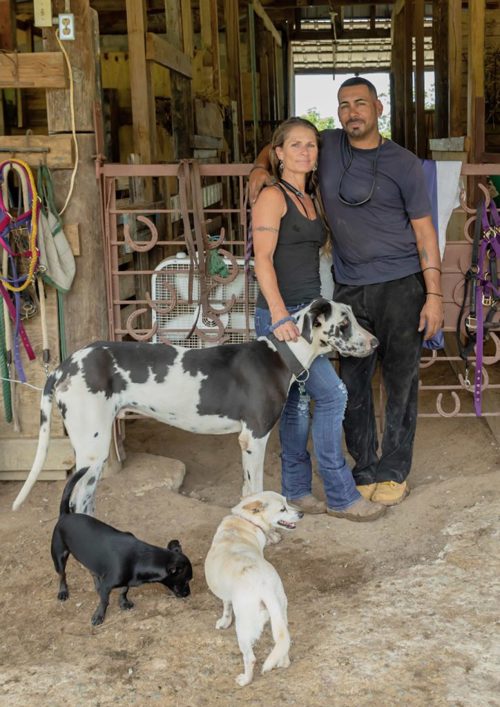
Rehabilitating racehorses on the island of Puerto Rico
Preparing horses for a new home (rehoming) is time-consuming and resource intensive. Kelley’s organization retrains and rehabilitates thoroughbreds when they end up injured or facing retirement in Puerto Rico. CTA manages their veterinary care, coordinates funding to support their rehabilitation, secures their new home, and then ensures they make it to that final destination safely.
“We do a lot of groundwork because many of them have been abused, so we need to teach them not to be afraid. Once they’re more chilled, we’ll begin riding them—no jumping, just flatwork,” Kelley says.
It takes a lot of love and hard work. And as CTA is the only thoroughbred aftercare program on the island, they are often overloaded with horses from the nearby Hipódromo Camarero, Puerto Rico’s only flat racing track.
“The farm is at my house, and it’s a 24/7 job. Many horses come to us so sad and broken, and they need time to learn how to be a horse again,” Kellie says. “Our clock is ticking with some of them, because we cannot keep them forever. We can only take on 20 horses at a time, so we need to move the horses out as quickly as possible.” Kelley says.
She added that it takes about one year to rehabilitate a racehorse.
CTA’s facilities are small – Kelley and her husband own five acres of land and rent a similarly-sized parcel they’ve fenced in. The quality of pasture available in Puerto Rico just isn’t there, though.
“Unfortunately, the grass and hay are of poor quality in Puerto Rico,” Kelley explains. “It’s not like the grass in Kentucky, so we cannot rely on it as a food source. Importing feed is just far too expensive.”
Shipping hay from the mainland is something CTA always wanted to do, given that it would enable Kelley to bring in larger quantities and build a bit of security into her rescue’s food supply. However, the cost to ship the feed to Puerto Rico is simply out of reach for this small nonprofit organization.
Despite these challenges, what Kelley and Caribbean Thoroughbred Aftercare have been able to do is nothing short of incredible.
Leading with love: giving new life to thoroughbreds, post-racing career
Kelley’s love for horses runs deep and prior to founding CTA, she had her first experience rehabilitating horses injured by a hurricane. In 1995, she was working on the Caribbean Island of St. Maarten when Hurricane Luis struck.
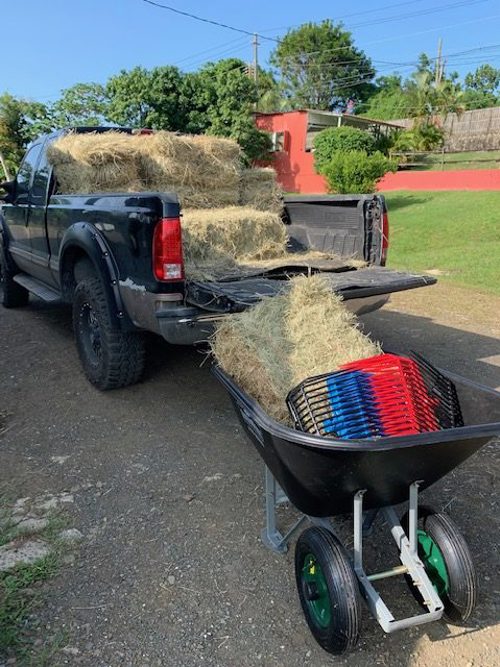
The logistics of thoroughbred aftercare—and making it happen
Aside from the expense of bringing supplies to the island, Kelley notes that trying to rehome horses to locations outside of Puerto Rico can be a logistical nightmare. In a previous interview with Thoroughbred Daily News, she estimated the cost of shipping a horse to the mainland at a minimum of $3,294.
Kelley used to work as a shipping agent, so she already knows quite a bit about the maritime business. She used Trailer Bridge’s services in prior roles when they used to have supplies shipped in from Canada.
“They’ve always been very professional. Sometimes in big companies, it’s really hard to get anyone on the phone, but Trailer Bridge is great. They are so responsive, and their customer service is just great. Getting merchandise cleared through them is always quick and easy,” said Stobie.
Even so, it was a CTA board member’s suggestion that she reach out to Trailer Bridge and ask for a discount that inspired her to get in touch.
Ann Jones, Director of Customer Experience here at Trailer Bridge, says, “As soon as I heard her request, I just knew we had to help. The work Kelley and her team are doing is so critical, and Puerto Rico is an incredibly important part of our community.”
Ann reached out to CEO Mitch Luciano to see if they could discount the service. “Yes! Why not?” he said—and gave the go-ahead for his team to not only discount but to provide the shipping free of charge.
And with that, the decision was made, and wheels set in motion to get this 53’ shipping container of essential supplies and five months’ worth of food to the Caribbean Thoroughbred Aftercare facility in Puerto Rico.
“We got two pallets of Timothy pellets, two wheelbarrows and some pitchforks… it came to about $8,000 and that’s just a lot of money for us,” Kelley says. “We are incredibly thankful.”
